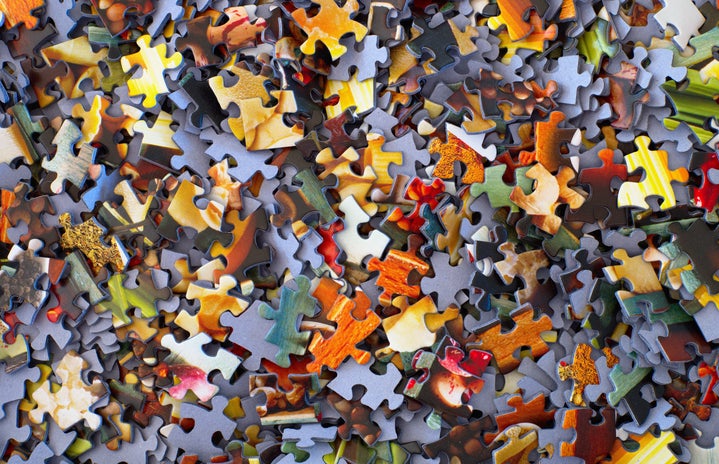I’ve always loved puzzles—jigsaw puzzles, word puzzles, sudoku puzzles—you name it. I like the challenge, and I enjoy feeling like I’m doing something healthy for my brain, unlike watching Netflix all day (even though I sometimes do that too). It’s also a calming activity for me. I can make it a social activity by working with other people, or I can do it by myself. I can choose a longer-term project with a jigsaw puzzle or a short activity with a Sudoku puzzle. Puzzles aren’t for everyone, but if you like them, they have many health benefits.

Working on puzzles also burns calories because the brain uses a lot of energy. A study found that chess grandmasters could burn up to 6,000 calories during a tournament. The more challenging a task is, the more calories you’ll burn. It’s a nice perk, but you should probably keep exercising too.

People always say, “Use it or lose it” about exercising your body, and the same goes for your brain. Whether you do puzzles or some other activity, working your brain is a great way to improve mental health.
Want to keep up with HCBU? Make sure to like us on Facebook, follow us on Instagram, check out our Pinterest board, and read our latest Tweets!



